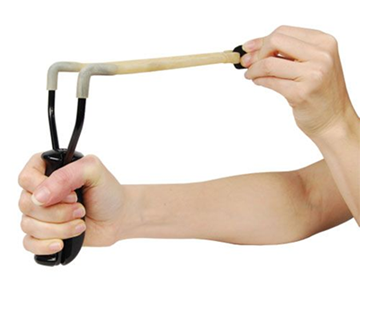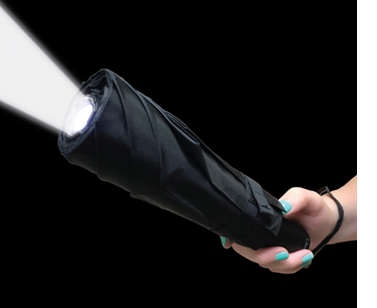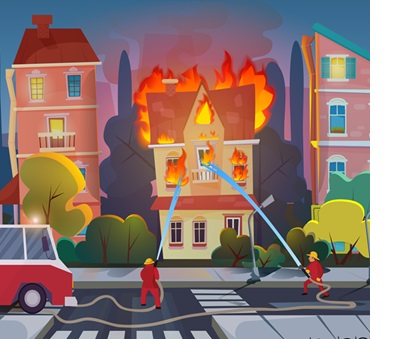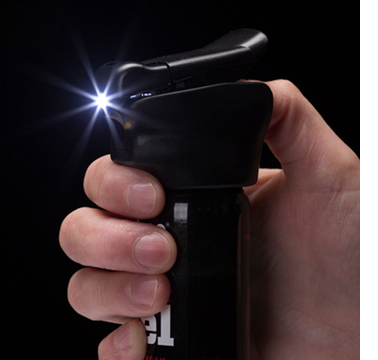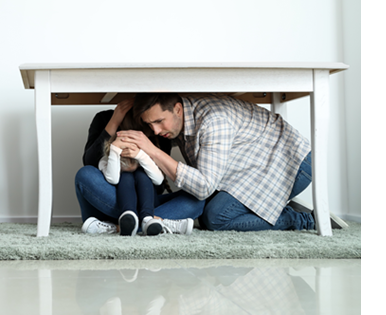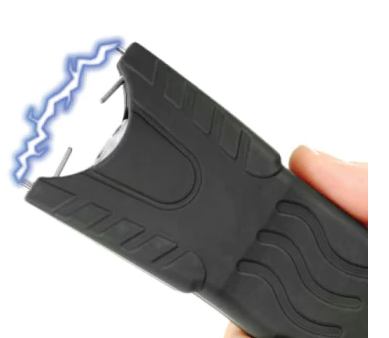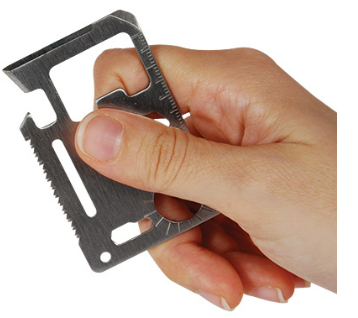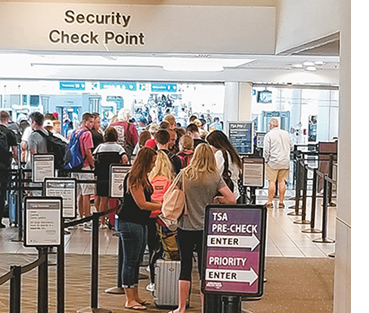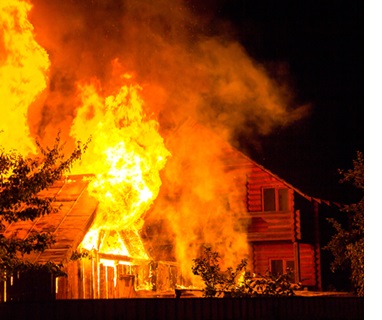How to Survive an Earthquake
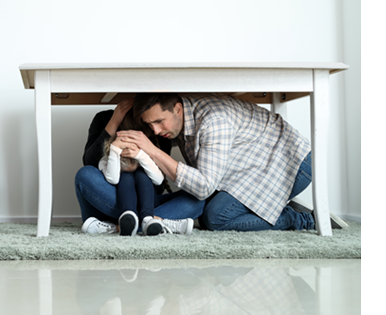 Earthquakes are one of the most devastating natural disasters, causing destruction and loss of life in seconds. They can strike without warning, making it crucial for everyone to be prepared. This comprehensive guide will provide you with essential information on how to survive an earthquake, from understanding what causes them to taking appropriate actions during and after the event. By following these guidelines, you can increase your chances of staying safe and minimizing damage to your property.
Earthquakes are one of the most devastating natural disasters, causing destruction and loss of life in seconds. They can strike without warning, making it crucial for everyone to be prepared. This comprehensive guide will provide you with essential information on how to survive an earthquake, from understanding what causes them to taking appropriate actions during and after the event. By following these guidelines, you can increase your chances of staying safe and minimizing damage to your property.
Understanding Earthquakes
An earthquake is caused by sudden energy release in the Earth's crust, generating seismic waves that shake the ground. The point where the rupture starts within the earth is called the hypocenter or focus, while the epicenter refers to its projection onto the surface. Most earthquakes occur along tectonic plate boundaries due to friction between moving plates; however, they can also happen due to volcanic activity or human activities like mining.
Before an Earthquake
Preparation is key when dealing with earthquakes. Here are some steps you should take before they occur:
- Create a disaster plan: Discuss potential hazards, escape routes, and communication methods with your family members. Ensure all adults know how to shut off utilities (gas, water, electricity).
- Prepare an emergency kit: Include items such as first aid supplies, non-perishable food, water, flashlights, batteries, blankets, clothing, important documents, cash, medications, and personal hygiene products.
- Secure heavy objects: Anchor tall furniture, appliances, bookshelves, mirrors, picture frames, and other heavy items securely to walls or floors. Use flexible straps for gas appliance connections.
- Learn about local building codes: Check if your home complies with current safety standards. Retrofit older homes if necessary.
- Identify safe spots: Locate safe areas inside and outside your house where you can take cover during an earthquake (under sturdy tables, against interior wall corners away from windows).
- Educate yourself: Understand the difference between tsunamis and regular earthquakes, especially if you live near coastal regions. Knowing this could save lives.
- Get proper insurance coverage: Regular homeowner's policies usually don't cover earthquake damages. Consider purchasing separate earthquake insurance.
During an Earthquake
When an earthquake strikes, remember these tips to stay safe:
- Drop, Cover, and Hold On! As soon as you feel shaking, drop down onto your hands and knees. Crawl to the nearest safe spot and cover your head and neck with your arms. If possible, get under a sturdy table or desk. Hold onto it tightly and remain there until the shaking stops.
- Stay clear of windows, shelves, and hanging objects. Avoid exterior walls, staircases, and doorways.
- Do not run outside or use elevators. Running increases the risk of injury from falling debris or tripping. Elevator use may result in entrapment due to power outages.
- Protect yourself in bed: If you are in bed during an earthquake, stay there and protect your head with a pillow. Don't try to move unless you are in danger from nearby hazards.
- Follow instructions given by authorities over radio or television broadcasts.
After an Earthquake
Once the shaking has stopped, follow these precautions:
- Check for injuries: Administer first aid to those who need it. Call emergency services immediately for severe injuries or fires.
- Evaluate damage: Look for structural damage, leaking gas lines, electrical short circuits, or water line breaks. Turn off utility services if needed.
- Be cautious around damaged buildings: Aftershocks can cause further collapse. Exercise extreme caution when entering any damaged structures.
- Wear protective gear: When cleaning up broken glass or handling debris, wear long sleeves, pants, gloves, and hard-soled shoes.
- Communicate with loved ones: Let family members know your status even if you are uninjured. Establish meeting points in case separated.
- Monitor news updates: Listen to local news stations for official announcements regarding rescue efforts, shelters, and recovery operations.
- Cooperate with emergency personnel: Follow their directions carefully to ensure public safety and facilitate efficient response efforts.
- Document damage: Take photographs of damaged belongings and property for insurance purposes.
- Practice good personal hygiene: Wash hands frequently and avoid contaminated water sources.
Conclusion
Surviving an earthquake requires preparation, quick thinking, and calculated actions. By understanding the nature of earthquakes, preparing your home and family, knowing how to react during the event, and following proper procedures afterward, you significantly improve your odds of coming through safely. Remember – drop, cover, and hold on!




